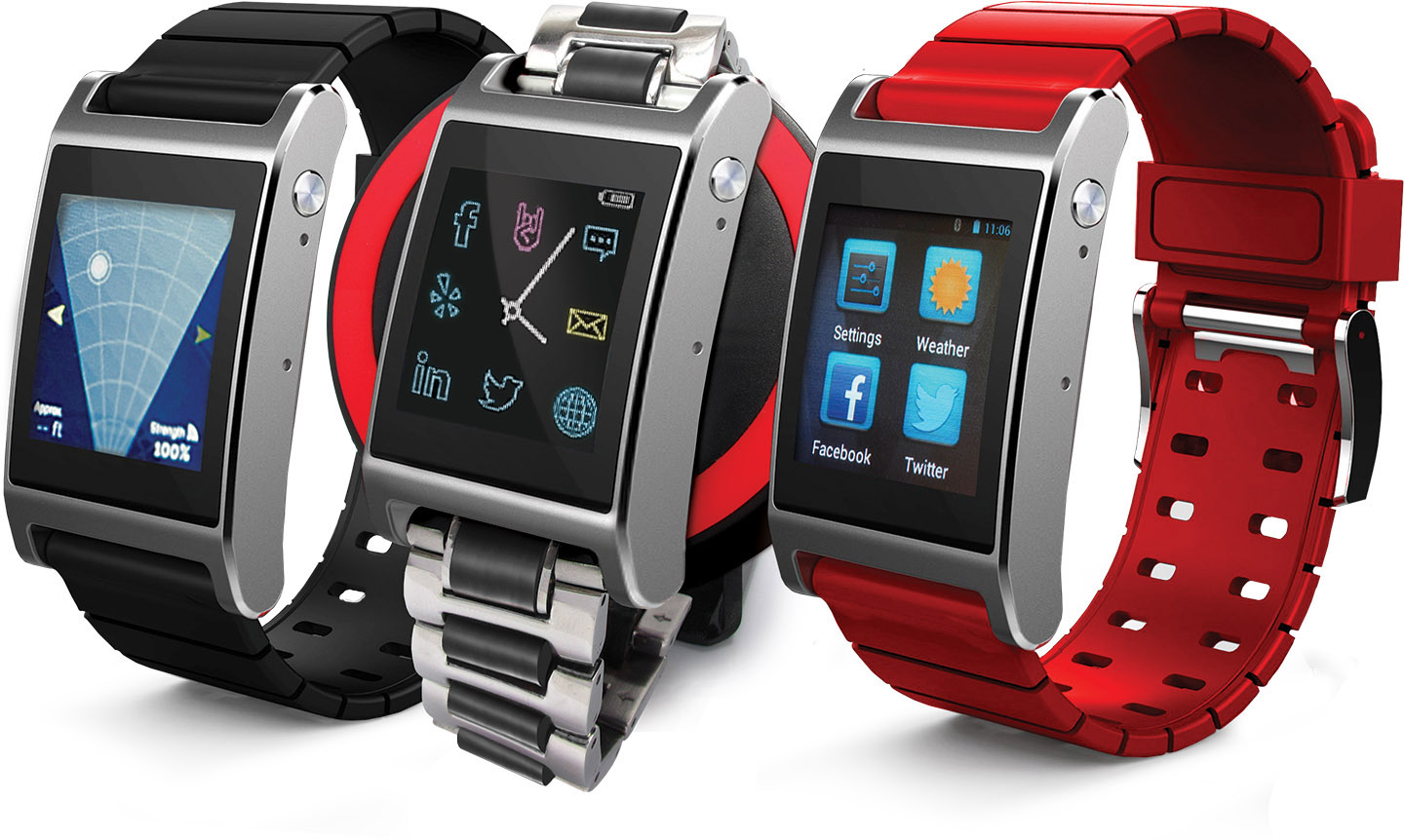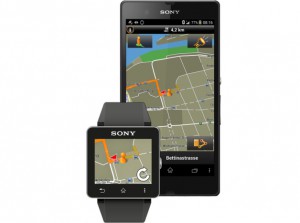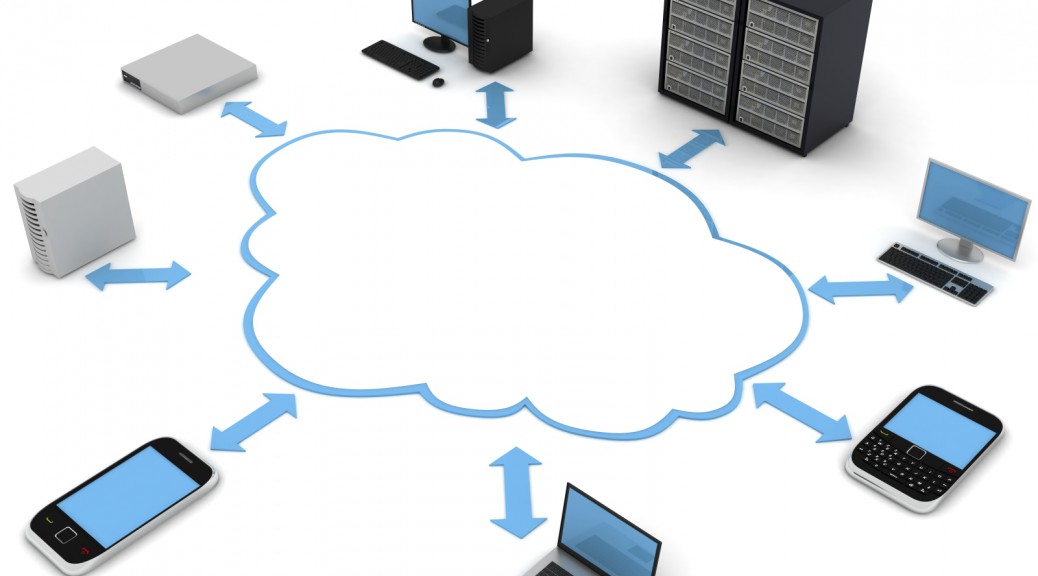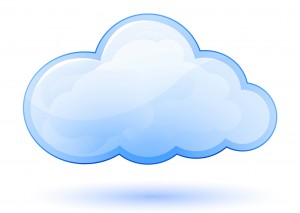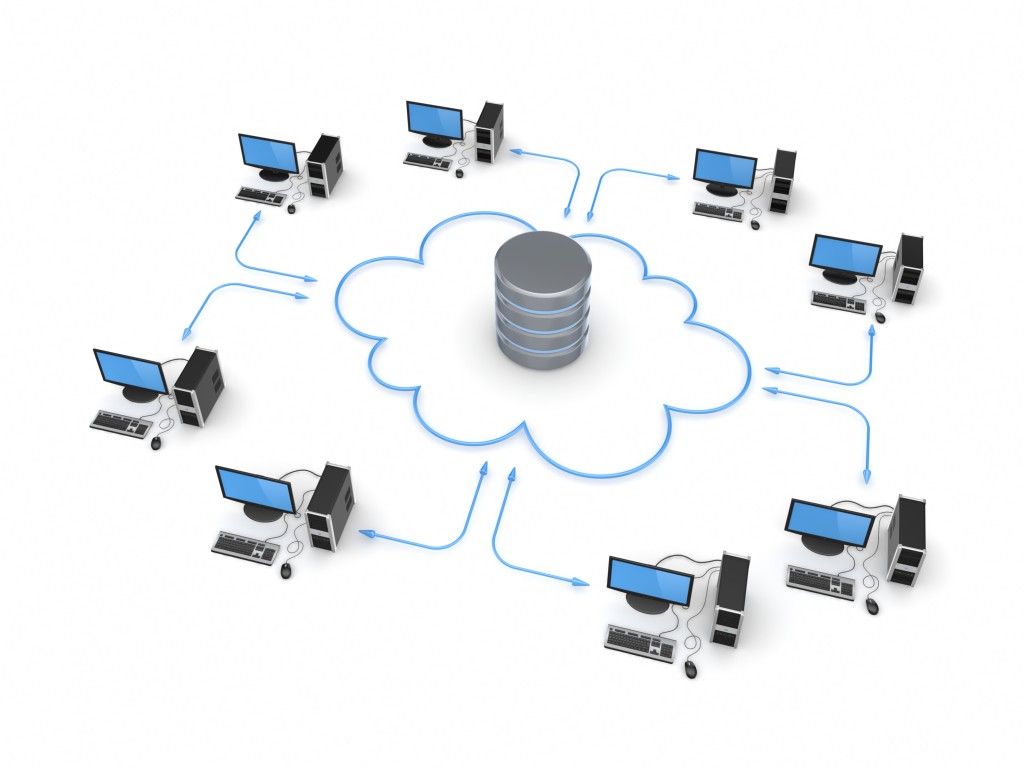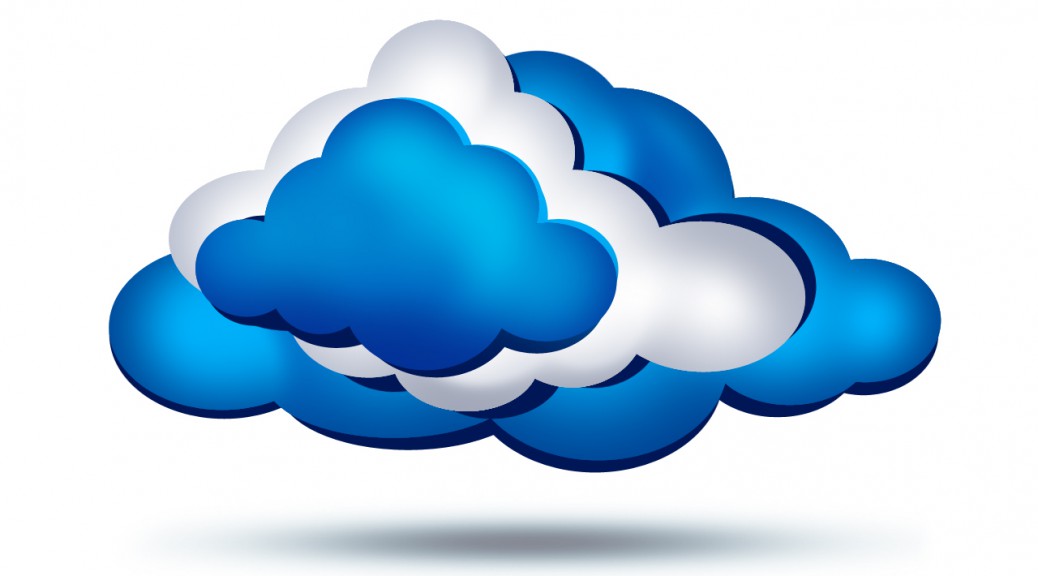Ever heard the word smartwatch? You should, as big tech companies like google, Samsung, LG, Motorola all think this is the next big thing. How did I come to this ? They have been spending millions to make them and market them to get them into our homes and on everybody’s arm.
What are smartwatches? They are watches that do more than tell the time, they do more like answer your call, listen for your voice commands, display the weather and much more. With the new system Google recently announced, they can even control your TV or order that sweet pizza within minutes.
Google recently announced amidst other announcements that they have developed Android Wear, an official android version that will go on these smartwatches. Android is a system that runs on many smartphones. If you download your apps from the Play Store, then your phone definitely runs android.
Any need for these smartwatches I hear you ask? Well I’d say it depends on how much you would like to use your watch to do most things your phone can do already. In fact most of the smartwatches out today like the LG’s G watch (£159), Samsung Gear Live (£169) need you to have a smartphone running android before they can function fully. But all is not useless in the land of smartwatches, as you can quickly view appointments, check your text messages or see who is calling you on your watch while your phone is tucked away, if that is something you’d like. Might be very useful in UK where there is a lot of rainfall.
I should add, Apple (Iphone) users should not feel left out as Apple has been rumoured to have its own smartwatch in the works. Stay tuned as we will be bringing you news on that if they are any different from the android counterparts.
Conclusion: Smartwatches might not take over your life like smartphones have done in the past years, but there is definitely potential for the smartwatches as they would make life easier for those of us who prefer not to bring their phones out in public or those of us who like quick access to text messages and features that you would access on the phone. As for me, until the smartwatch can do what my phone cannot do, I won’t be spending £170 on a smartwatch.
What do you think? Please vote below
